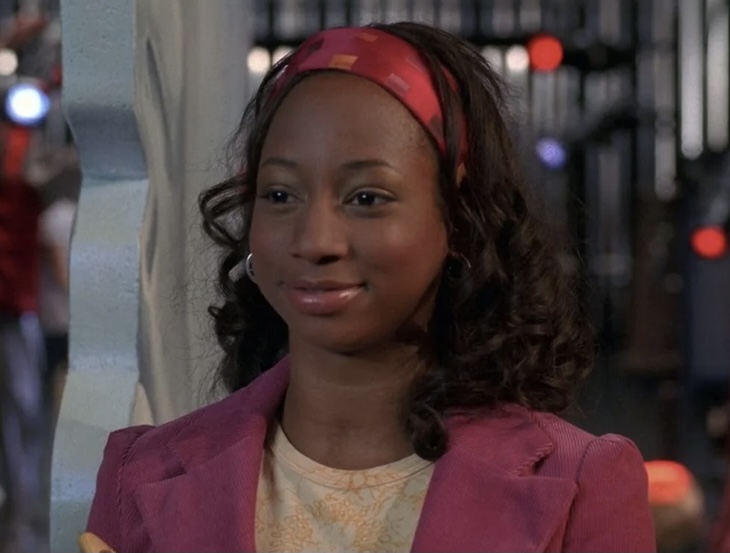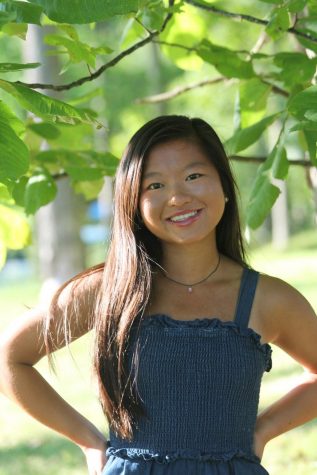Why Can’t Hollywood Do Black Hair? The Need for Diversity Behind the Chair
Monique Coleman as Taylor McKessie in Disney’s “High School Musical.”
November 12, 2021
When actors arrive on a movie or television set, there’s almost always a beauty team ready to do their makeup and style their hair before filming begins. But for many Black actors, the hairstyling process can be more complicated. The stylists on set aren’t trained to work with natural hair textures meaning actors of color end up styling their own hair. As Hollywood commits to featuring more Black actors on camera, another question arises: What is being done about the support staff around them — and particularly in the hair and makeup trailers?
For decades, Black women have been forced to assimilate to a Western ideal of what beauty should look like. Black women in the workforce who choose to sport their natural hair are often met with backlash and negativity, or even worse, consequences. They are told to compromise by straightening their “unkempt” hair to fit society’s standards, which can cause deep-rooted self-hatred and insecurities. Even with the increasing number of Black stylists who are revolutionizing what Hollywood beauty means, there are still not enough professionals who actually know how to style Black hair.
Black actors have spoken about unfair conditions in the hair department for decades. High School Musical star Monique Coleman in an interview with Insider revealed that the hairstylists did her hair “very poorly” for the Disney film, leaving her no choice but to incorporate headbands into her character’s look at the last minute. TV star Trina McGee said she was never even given access to a hairdresser during her time in the 90’s show Boy Meets World. Fresh Prince of Bel Air actress Karyn Parsons began wearing wigs because professionals “fried her hair” until it broke off using texturizers and wands every day. Former America’s Got Talent judge Gabrielle Union told Variety that producers often called her hairstyles “too Black” for the show. “Hairstylists used Aqua Net-like hairspray with crazy amounts of alcohol, which caused chunks of my hair to literally come off on a styling tool,” she wrote in her 2017 Glamour essay. Halle Berry’s signature pixie haircut wasn’t for stylistic purposes; she just didn’t want to risk hairstylists who didn’t know how to do her hair.
Black hair stylists move hair culture forward by introducing the unique, innovative hairstyles and methods born from their communities and yet continue to face ongoing individual and institutional discrimination, bias, and exclusion within the cosmetology and adjacent industries such as Hollywood and fashion.
The expression of beauty through hairstyles has been a long-standing signature of Black culture. Black women use their hairstyles as a personal expression of who they are and to show the evolution of Black culture over time. The autonomy that peeks underneath every strand plays an essential role in not only the identity of African Americans but Black hair representation.
While casting a Black woman as the lead character is monumental, the lack of investment in her race reveals a surface-level commitment to showing Black women on television, especially with something as fundamental as hair. The least that the film industry and network television can do is represent various types of hair textures on screen. Progress will only come if the industry continues to be held accountable, whether it be through social media call-outs or actors advocating for themselves on set. The conversation isn’t over until Black hair is no longer an afterthought.


